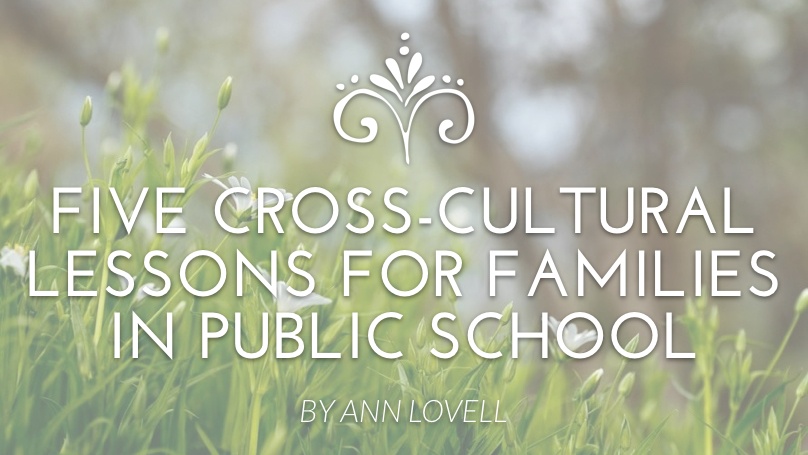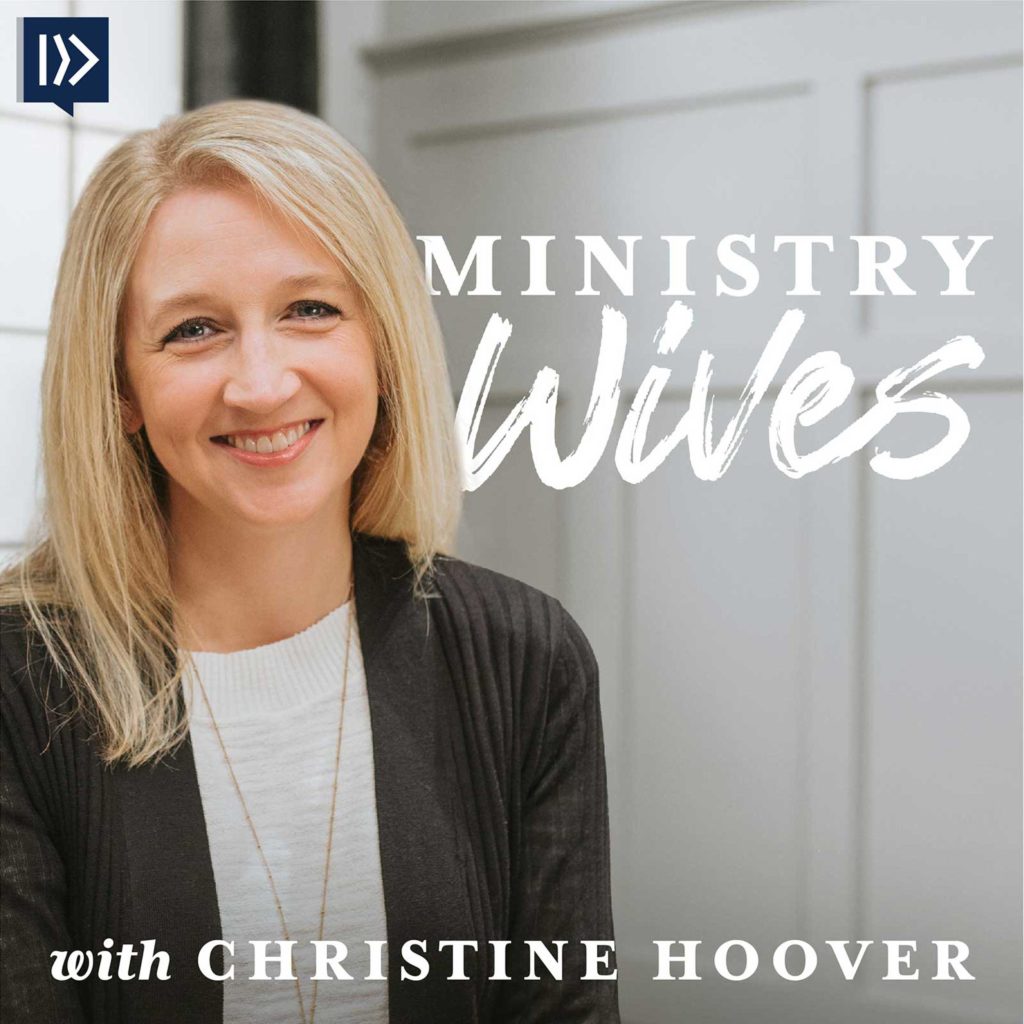My 11-year-old daughter, Alli, looked anxious. It was sixth-grade summer orientation — her first year of middle school and her first time in U.S. public school. “Mom, will there be any kids at this school who look like me?” she asked. Alli is Filipina. We adopted her when we were living in Manila in the early 2000s. Her brown skin was never an issue during the years we lived in East and Southeast Asia; the three “whiteys” in our family — my husband, our older daughter and I — were the ones who stood out there. But this was a different place. “I think so,” I replied confidently. “We’ll ask.” Turns out, we needn’t have worried. The student body at Alli’s middle school in Richmond’s West End represents 46 countries — including Belgium, Bermuda, Brazil, China, Honduras, Israel, Japan, Kazakhstan, Lebanon, Singapore, South Korea and North Korea among others. Apparently, the nations live right around us, supporting a 2012 reportfrom the Center for Immigration Studies that one in four public school students speaks a language other than English at home. Our family learned a number of lessons about cross-cultural living during our time overseas. Many apply to our community today. Here are five:
- We are global citizens.
Christians are citizens of heaven (Philippians 3:20) — sojourners (1 Peter 2:11) with a responsibility to love God and those He created. As global citizens, loving God and loving others translates to a big picture understanding that our day-to-day actions affect the nations living among us.
- Being paralyzed by fear is unhealthy … and unbiblical.
Public schools can be scary places, but the best way to approach something scary isn’t to run and hide but to embrace the challenge and enjoy the adventure. “God has not given us a spirit of fear, but of power and of love and of a sound mind” (2 Timothy 1:7, NKJV). When we teach our kids to face their fears with the Holy Spirit’s power, they gain strength for the next big challenge.
- We look for other Christians and draw strength from them.
Sometimes, like Elijah, we might be tempted to think, “I alone am left.” More often, though, our “godless” communities are home to a number of Christians — like the 7,000 in Israel — who were also looking for support and strength (1 Kings 19:10-18).
- “Tolerance” does not necessarily mean compromise.
As citizens of heaven, our family can be tolerant of — and even friendly toward — the Muslim mother in a burqa or the Hindu man who avoids eating meat, realizing that some of our cultural practices may appear equally oppressive or unnecessary to them. This doesn’t mean we compromise our beliefs, but we seek to understand the motivations behind their practices and build gospel-focused relationships in the process.
- We have an opportunity to treat expatriates in our country as kindly as the people of Asia treated us.
Leviticus 19:34 says, “You shall treat the stranger who sojourns with you as the native among you, and you shall love him as yourself for you were strangers in the land of Egypt …” (ESV). Many people throughout Asia welcomed and loved us. They showed my kids a world without borders and were patient with our cultural blunders. I pray to be as kind to visitors living in the U.S. as the people of Asia were to us. Remember, God orchestrates opportunities for us to interact and influence those who don’t know Him. How will He use your experiences to influence the nations around you with the gospel? Need help learning how to even begin to build relationship with internationals around you? Hello to Convo gives you great tips on how to start. ANN LOVELL – Ann Lovell is a writer, editor, wife and mom who served 15 years as a Christian worker in Asia. Orphans in Manila, a young mother in Bangalore, North Korean refugees and exploited women and children in Thailand taught her the importance of practically living out God’s love: meeting needs, seeking justice and sharing the gospel in Jesus’ name.Today Ann lives in Richmond, Virginia, where she writes, edits and speaks about the things that matter most to her: mainly making Jesus known among the billions who have yet to hear.
Published March 14, 2016



